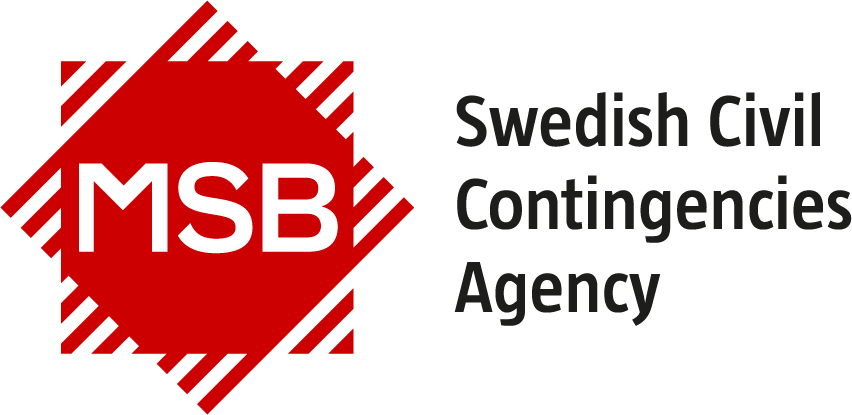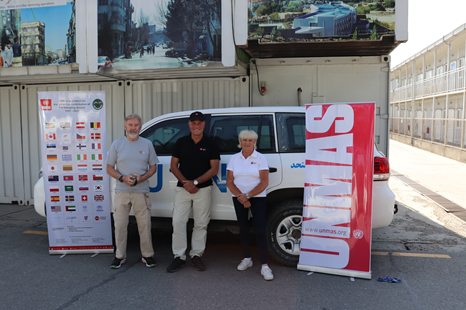Jonas Zachrisson Regional Project Coordinator/Liaison Officer Afghanistan
Following 40 years of war and an already dire situation, economic decline and rising poverty over the past several years during 2021, the people of Afghanistan faced intensified conflict, the withdrawal of international forces and then the takeover of the country by the Taliban forces on the 15th of August 2021.
Fiona De Heer, Shelter Cluster Technical Advisor MSB
Even prior to the events of 15 August, the humanitarian situation in Afghanistan was one of the worst in the world. By mid-year 2021 nearly half of the population (approximately 18.4 million people) were already in need of humanitarian and protection assistance. One in three Afghans were facing crisis or emergency levels of food insecurity and more than half of all children under-five were expected to face acute malnutrition. In addition, protection and safety risks to civilians, particularly women, girls and boys and people living with disability, were also reaching a worsening situation in living conditions. Recent developments has thrown the Afghan people into one of the worst humanitarian crisis in the world.
With the events that unfolded during 2021, MSB undertook an early assessment trip to Kabul, Afghanistan in December 2021 with the aim to get a better understanding for the various needs in the country and for how to best respond when receiving requests from stand by partners. The assessment trip gave some valuable information on the possibilities for MSB to conduct both operational activities in the country, as well as providing inputs on the direction and overall plan of the operation activities for the coming year 2022. Based on the assessment trip it was decided to put in place a Regional Project Coordinator/Liaison Officer representing MSB in Kabul, Afghanistan for some time to coordinate and oversee implementation of project activities through MSB with key strategic partners. Thus promoting well targeted project activities that are timely, multi-sectoral and that reduces risk in the country, which could be the basis for further MSB activities in the country.
At current MSB has been able to support a number of organisations with seconded staff such as UNMAS (United Nations Mine Action Services) through the standby partnership agreement with UNOPS including an engineer, nurse as well as a Security Advisor and an Information Management Officer. UNMAS work in Afghanistan is important in enabling humanitarian assistance by improving access and mitigate the risk presented by explosive hazards to humanitarian actors and beneficiaries. The long-standing cooperation and partnership between UNMAS through the UNOPS agreement has been vital in supporting MSB to be on the ground in Afghanistan. Furthermore, MSB is also supporting the Shelter Cluster and IOM with a technical advisor, revising all the standards for its 56 partners across Afghanistan. With this revision, also aiming to increase sustainable approaches to shelter and NFI (non-Food items) and mainstream gender in the delivery of these services. As the country context has severely changed, especially for women, resulting in them spending more time indoors, it has become ever more important to understand and respond adequately to their needs.
Besides our ongoing support, there are several new secondees heading out to our key partners, such as UNICEF and UNHCR within a number of important positions which are soon to join their respective program activities. With the emphasis of building new talented staff a trainee position has also been created with IOM that soon will be taken up by a female trainee from MSB here within the next month.
For the continued work in Afghanistan, coordination and communication will be vital for how we work together with key national and international stakeholders in the short and long perspective and to set the right priorities within the strategic meetings. Trust is being built systematically over time.


